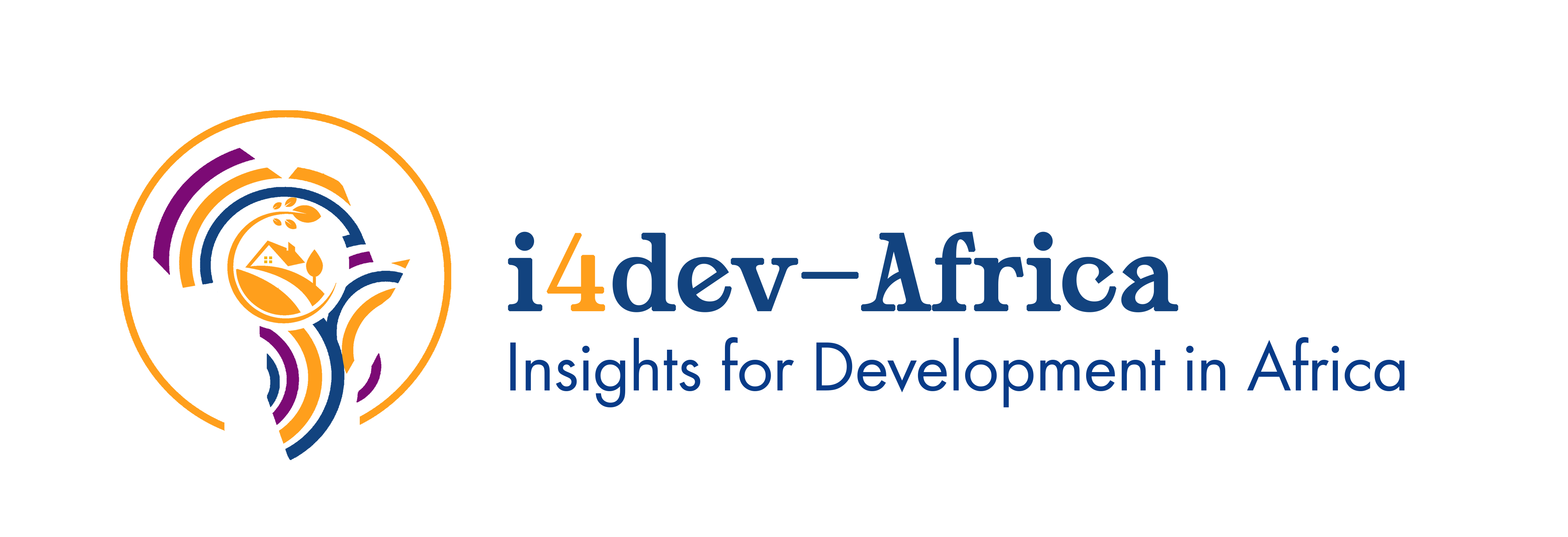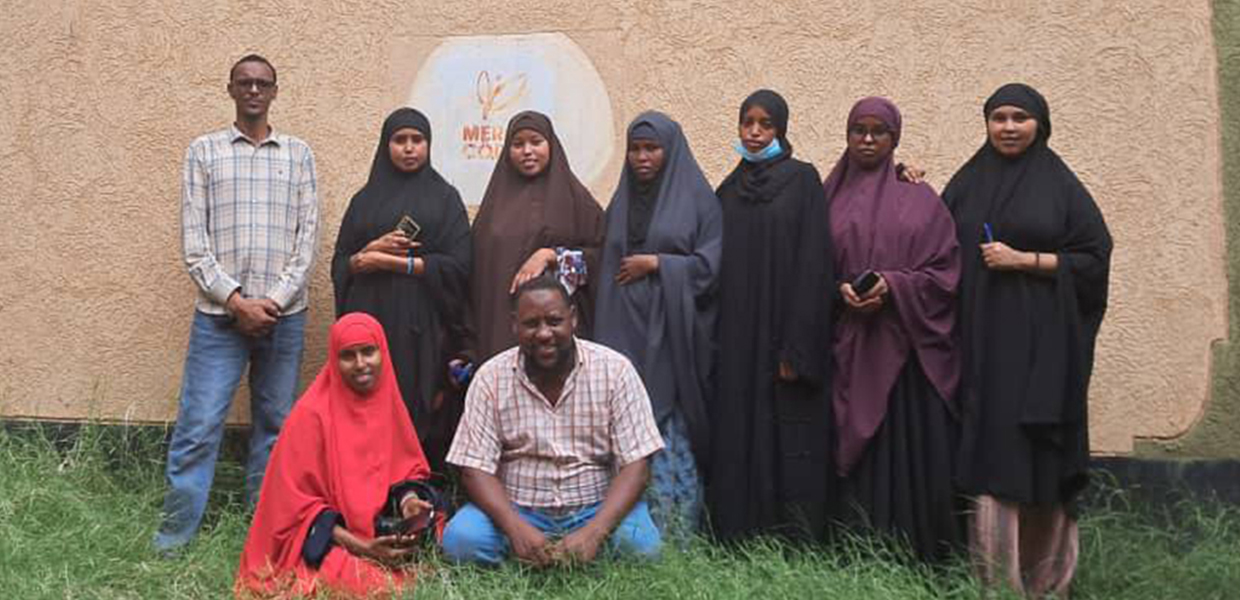The livelihoods of both host communities and refugees in Dollo-Ado and Bokomayo are vulnerable. Although this is true both for men and women, the latter are disproportionately affected, because they take most of the household responsibilities, they have minimal access to land and other agricultural inputs as well as limited access to credit. Prevailing social norms also hinder women’s meaningful participation in economic and social activities, curtailing their exposure to productive activities and acquisition of knowledge and experience.
Its with this backdrop that Mercy Corps in partnership with WFP implemented an intervention that aimed to improve the livelihood of women in five refugee camps and surrounding host communities. The intervention constitute provision of seed-capital to start a group business, establishing linkages of group businesses with MFIs, provision of business skill and entrepreneurship trainings, promote social norms favorable for women’s social and economic participation.
Future Africa Development Research Consultancy was awarded a contract to conduct an endline evaluation of the WEE project. We recruited Somali speaking data collection team from our network of field survey experts in the area. Training of field survey team as well as pre-test and pilot took place during June 8-11, 2024. Data collection was conducted over the subsequent four weeks. Both quantitative and qualitative data collection, including Key Informant Interviews (KIIs), Focus Group Discussions (FGDs) as well as In-Depth Interviews (IDIs) was conducted.
The findings from the qualitative analysis were used to understand the mechanisms behind the project’s impact on outcome indicators. They were also used to triangulate with the findings from the quantitative analysis. Findings from the quantitative and qualitative analysis have been synthesized to determine the project’s relevance, effectiveness, and sustainability. Important lessons have also been drawn and recommendations have been made.

